The Spanish government will “analyse various options” that have opened up in the wake of the announcement from IAG International Airlines Group this week that it was in advanced talks to suspend the planned acquisition of Air Europa (UX, Palma de Mallorca), a representative of the office of Deputy Prime Minister Nadia Calviño has told local media. This is especially the case given the state loans already provided to the beleaguered long-haul specialist.
IAG and Air Europa parent Globalia issued a joint release on December 16 to follow up the group's announcement the previous day, confirming they had terminated their previous agreements and that the group will pay Globalia EUR75 million euros (USD85 million) as a break-fee and compensation. However, IAG “also reached an understanding with Globalia to evaluate, before the end of January 2022, alternative structures that may be of interest to both companies and offer significant benefits for their shareholders, customers, and employees.” Both parties agreed that the amount paid will be subtracted from any future purchase price.
Spain's government, meanwhile, is studying a contingency plan for the carrier and will do everything necessary to guarantee its survival, its spokesperson said. The Ministry of Economy has previously considered Air Europa “strategic for Spain due to its importance for the sectors of aviation and tourism.”
With talks on the merger with Iberia now frozen and the future uncertain, Madrid “wants to send a message of reassurance to Air Europa’s employees, customers, and suppliers. The government is going to analyse the various options that are available in this situation, with the intention of guaranteeing the continuity of activities and operations,” Calviño’s office said, as quoted by digital newspaper El Confidencial.
“The executive made its intentions clear from the first moment by lending its support. Through SEPI and the ICO we have made available to the company a significant amount of financial resources, more than EUR600 million [USD679 million],” the statement continued.
In November 2020, Spain’s sovereign wealth fund (Sociedad Estatal de Participaciones Industriales - SEPI) awarded EUR475 million (USD537 million) to the embattled carrier, while early in the pandemic the state-owned bank Instituto de Credito Oficial (ICO) provided Globalia with a loan of around EUR140 million (USD158 million). Globalia also currently owes an estimated EUR800 million (USD905 million) to banks and suppliers.
“In this difficult environment for the air transport sector, the government will continue working to strengthen its business solvency, protecting adequate competition for the benefit of travellers, and ensuring the proper use of public resources at all times,” the statement concluded. “The government is continuously monitoring the evolution of the air transport sector to guarantee the adequate functioning of its services and operations and facilitate the adaptation of airlines to the conditions created by the pandemic.”
Xavier Ramis, general director for ports and airports in the government of the Balearic Islands, affirmed to the Majorca Daily Bulletin that the state “will help the company as much as it can to guarantee its continuity, as Air Europa is a company based in Mallorca that has always been committed to inter-island connectivity and links with the mainland and the European market.”
For the Balearic government, the airline is viable and the objective is to help it and so maintain thousands of jobs at the Globalia headquarters located in Llucmajor, he said, stressing: “We are a tourist destination and air connectivity is key, so we will support Air Europa to restart its line of work in the current situation.”
The Association of Travel Agencies of the Balearic Islands also said it was vital “Air Europa does not disappear, so the competent authorities must do everything possible to maintain its activities, especially as it is such a strategic and fundamental airline for the Balearic Islands.”
Meanwhile, the European Commission released its own statement on the matter on December 16, saying it “confirms that the discussions with the companies and the proposed remedy package thus far were not able to adequately address the competition concerns identified by the commission.”
Executive Vice-President Margrethe Vestager said its investigation “indicated that the merger would have negatively affected competition on some domestic, short-haul, and long-routes within, to, and from Spain. [...] The remedies submitted did not fully address our competition concerns. Competitive transport markets offer connectivity with a wide offering of affordable flights. This should be preserved for when demand returns fully and travelling picks up once again.”
- Type
- Base
- Aircraft
- Destinations
- Routes
- Daily Flights

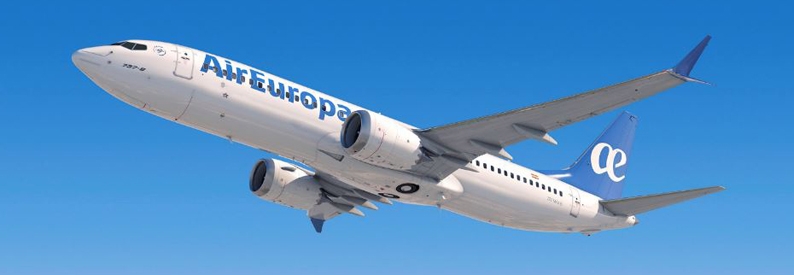
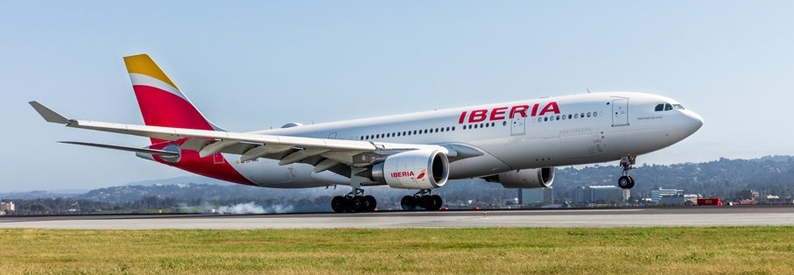
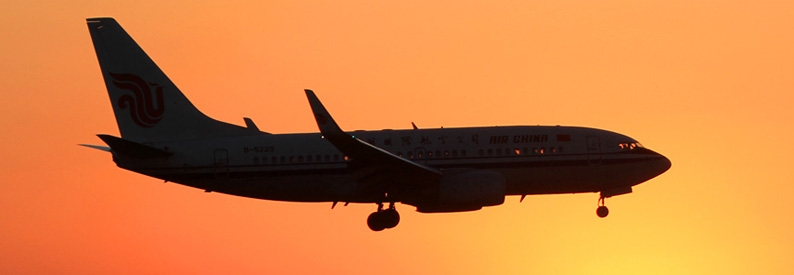
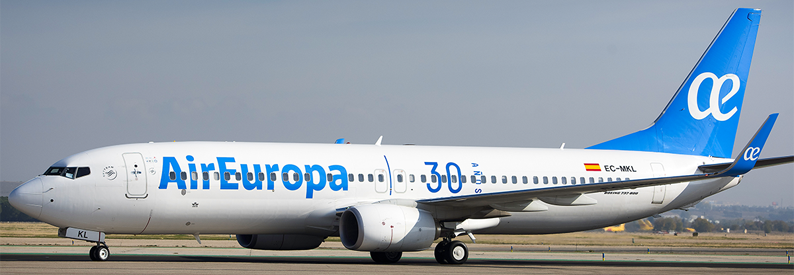
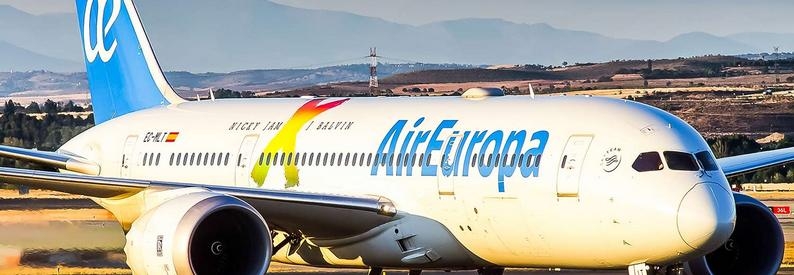
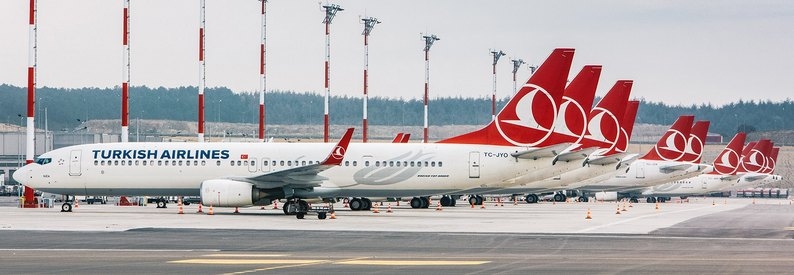
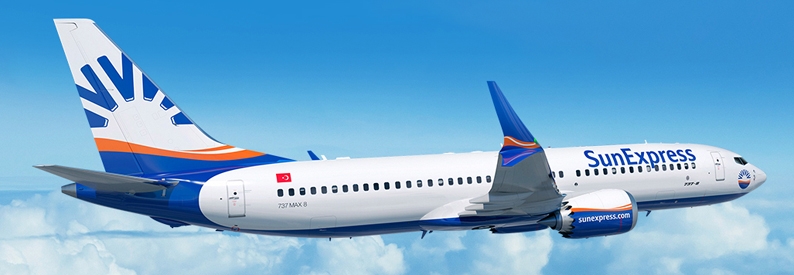
Editorial Comment: Added European Commission comment - 17Dec2021 - 07:59 UTC